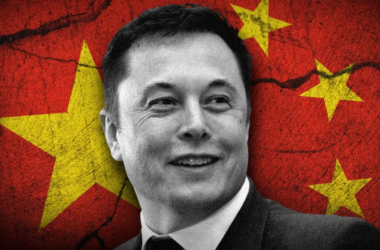In a significant move aimed at regulating the burgeoning e-commerce sector, Indonesia has recently implemented a ban on sales through popular social media platforms, including TikTok. This decision comes as a response to the rapid growth of e-commerce transactions on these platforms, which have presented challenges related to consumer protection, tax compliance, and market oversight. This article explores the implications of this ban and its potential impact on both businesses and consumers.
Indonesia’s e-commerce landscape has witnessed exponential growth in recent years, fueled by factors such as increased internet penetration, a burgeoning middle class, and a young, tech-savvy population. Social media platforms, particularly TikTok, have played a significant role in this growth, providing businesses with a convenient avenue to reach potential customers.
While the rise of e-commerce presents numerous economic opportunities, it also brings forth challenges for regulatory authorities. One of the primary concerns is the difficulty in ensuring consumer protection and upholding fair market practices within the fast-paced and largely unregulated environment of social media platforms.
Tax evasion and non-compliance have also been issues of concern. Many small-scale e-commerce businesses operating on these platforms have managed to evade taxation, posing a significant challenge to the government’s revenue collection efforts.
To address these issues, the Indonesian government has taken a decisive step by implementing a ban on e-commerce transactions conducted through social media platforms. This ban aims to redirect e-commerce activities towards established online marketplaces, where they can be more effectively monitored and regulated.
This ban will undoubtedly have far-reaching implications for businesses that rely heavily on social media platforms for their e-commerce operations. Small and medium-sized enterprises (SMEs) and individual entrepreneurs who have built their businesses on these platforms will need to adapt to the new regulations. This may involve transitioning their operations to compliant online marketplaces or establishing their own e-commerce platforms.
On the other hand, established e-commerce marketplaces are poised to benefit from this ban, as it will likely funnel a significant portion of the e-commerce traffic towards them. These platforms are already equipped with the necessary infrastructure and compliance mechanisms to meet regulatory requirements.
For consumers, this ban may lead to a more streamlined and secure shopping experience. Transactions conducted on established e-commerce platforms typically offer stronger consumer protections, including clearer refund and return policies. Additionally, the ban may help reduce the prevalence of counterfeit products and unscrupulous sellers.
Indonesia’s decision to ban e-commerce transactions on social media platforms like TikTok marks a significant milestone in the regulation of the country’s burgeoning e-commerce sector. While this move may present challenges for businesses operating on these platforms, it ultimately aims to create a more secure and regulated environment for both businesses and consumers. Adapting to these new regulations will be essential for the continued growth and success of the e-commerce industry in Indonesia.








